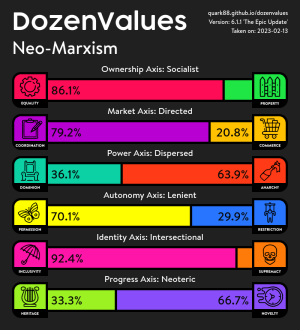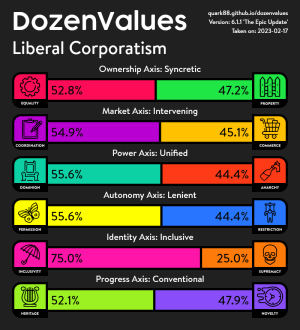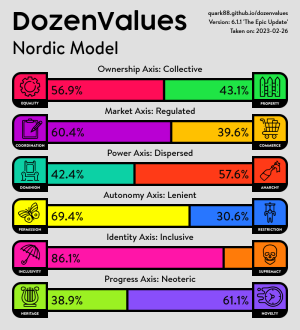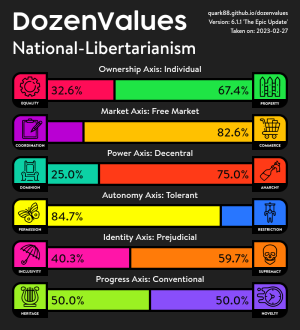@Yoh Asakura – My question was philosophical. The answer isn't obvious or text book. What we assume is pragmatic may not be.
What do you mean by your question was philosophical?
I think, I agree, which is why I'm for pragmaticism which emphasizes experimentation, approach, engagement, and an ad hoc way of concluding over principal based and theoretical approaches. Yes, there is a contingency to what is pragmatic, so what we assume is pragmatic may not be, because the actual conditions, state of affairs, configurations, factors, objects, and actors do not afford for said thing to result in being pragmatic as opposed to the ones we imagine, expect, or have in mind by pure logical calculus. This to me, means that pragmatic isn't an essential thing, but instead a result or consequence of things which makes the analysis of state of affairs, conditions, and properties more paramount than what could generally be the case. If there is no cases where pragmatic essentially is or a thing is essentially pragmatic, then there isn't a general definition of pragmatic since there aren't a multitude of cases of pragmatic being to abstract or extract some essential nature.
My answer to what is pragmatic not being obvious is pragmaticism which was developed by William James, C.S Peirce, and John Dewey well before I ever started doing philosophy, because pragmatism is specifically dealing with the fact that what is pragmatic is not what we might assume or isn't necessarily obvious and depends on what you're dealing with. Often simple philosophical questions don't have a sentence long answer, because they're based on non-linear things that even material science hasn't fully or clearly worked out or understands well or is only deducible by a certain kind of complex logical calculus.






